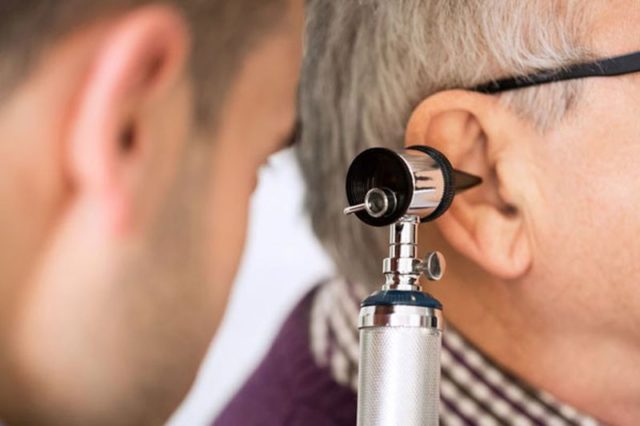
Have you ever experienced an ear infection? Or do you know a friend who’s lost their hearing for an unknown reason? I know of a case where a person died because of an ear infection. She had a habit of cleaning her ears every time after taking a bath.
After some time, she was rushed to the hospital for an operation on her ears. Unfortunately, she didn’t survive. Her cause of death was an external ear infection or otitis externa. Otitis externa is sometimes deadly because people often don’t think that ear problems are that serious compared to conditions of the internal organs.
If you ever feel or think that something’s wrong with your ears, schedule a consultation with an ENT specialist. One such specialist is Dr Dennis Chua at entspecialistsingapore.com who specializes in children’s ENT cases and can help most patients that deal with breathing, sleeping, and snoring related issues.
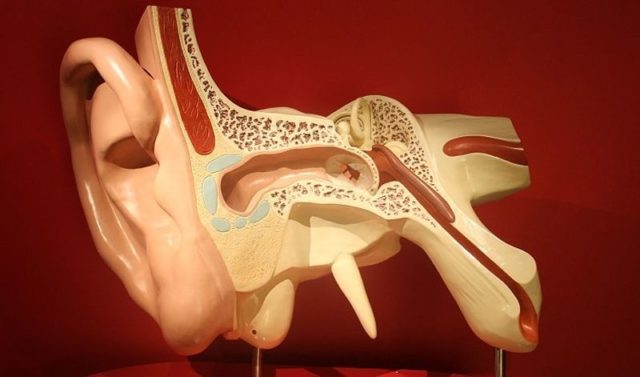
An external ear infection is also known as “swimmer’s ears“. This is because a lot of children, teens, and adults who swim a lot develop this condition due to their exposure to moisture. The ear is divided into three parts: The outer ear (the pinna and external ear canal), the middle ear (behind the eardrum), and the inner ear (cochlea). Infection of the outer ear and middle ear are much more common than an inner ear infection. An external ear infection causes pain, redness, and swelling in your outer ear canal.
What causes external ear infections?
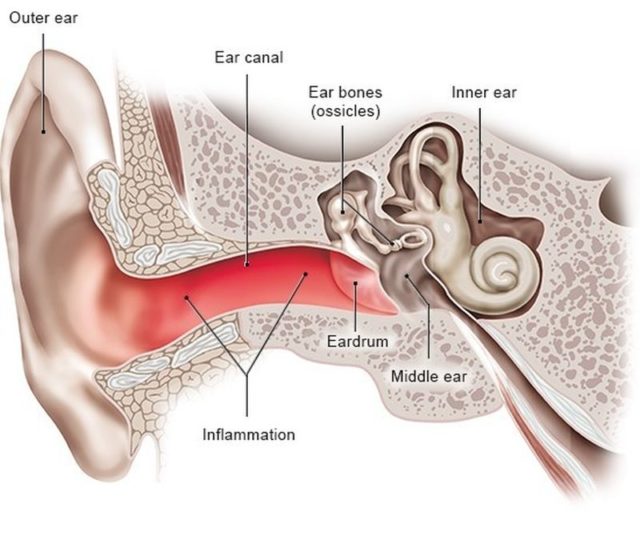
- Bacteria and fungal infection – one common culprit is the yeast fungus.
- Viral illnesses such as the flu or certain type of shingles (Zoster oticus)
- There is a break in the skin barrier.
- Trauma to the skin of the ear canal from cotton tips or fingernails can result in the breaking of the skin barrier.
- Swimming frequently is predisposed to cause external ear infections.
- High humidity in tropical countries like Singapore increases the risk of external ear infections.
What are the symptoms of external ear infections?
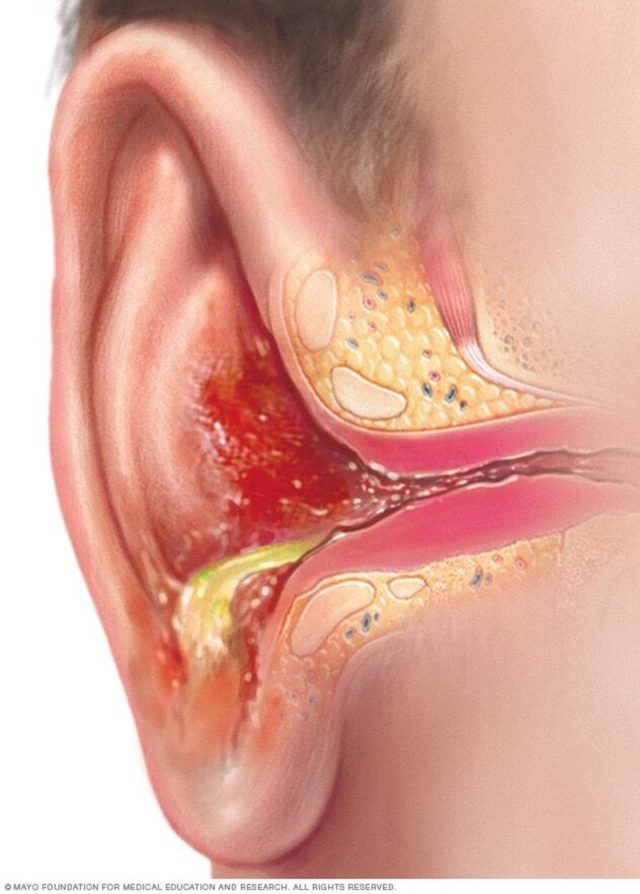
If your child exhibits 1 or more of the following symptoms, then he/she may have an external ear infection:
- Pulling or tugging at an ear or both ears
- Pain in the ear that gets worse when lying down
- Having trouble sleeping
- Getting more fussy than usual
- Having a hard time balancing, such as when walking
- Having some trouble hearing or in reacting to sounds
- Fever
- Appetite loss
- Foul-smelling fluid discharge from his/her ear
In adults, the symptoms of external ear infections are:
- Foul-smelling fluid discharge from the ear
- Pain in the ear
- Having trouble hearing
- Redness or swelling on the skin of the outer ear
- Ears are extremely sensitive to touch
Who is most at risk of developing external ear infections?

- People who spend a lot of time swimming are the most at risk of developing otitis externa, especially when swimming in water with high levels of bacteria such as in the beach or an unmaintained swimming pool. Swimming pools that are frequently chlorinated have a lesser chance of spreading bacteria.
- Another group of people with a high risk of getting an external ear infection are those that shower or clean their ears frequently. During these times, your ears are vulnerable to infections due to the moisture and the possible damage brought about by cleaning the ears.
- Children are more likely to get external ear infections due to their narrower ear canals.
- Using headphones or hearing aids
- Having skin allergies, eczema or skin irritation
What can we do in preventing external ear infections?
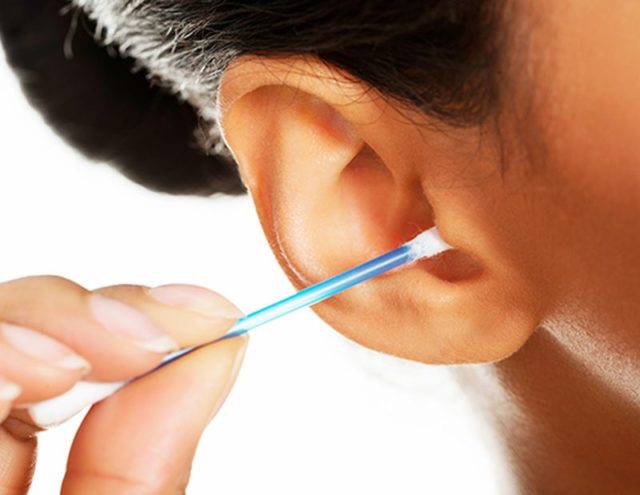
- Stop cleaning your ears all the time. The ear has a self-cleaning mechanism. This means that the cleansing of earwax with cotton tips or any other tools is not necessary. Earwax has antibacterial properties that help to prevent infection.
- After you swim to make sure that your ears are dried. Turning the head and gently pulling the ear in different directions can help drain water out of the ear.
- Stay away from secondhand smoke. Ensure that no one smokes in your home. If some do, remind them to smoke far away from home. When outside, stay away from smoking areas where a lot of people smoke.
- Do not clean the ears vigorously. Doing this can damage your ear canal and invite viruses and bacteria to enter.
- Earplugs can be used to prevent water from entering the ear canal. Another option is to use a piece of cotton wool that is slightly soaked with baby oil to prevent water from entering the ear canal.
How are external ear infections treated?
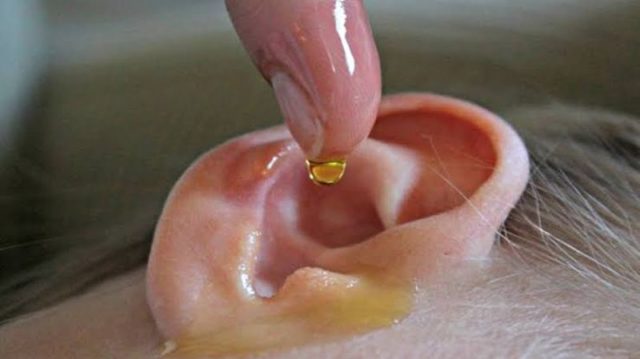
- It can be treated by antibiotic eardrops mixed with steroids to reduce the swelling in the ear canal. Use the eardrops several times a day for 7 to 10 days or until the infection goes away. Otitis externa is not contagious so you can continue socializing with friends.
- It’s important to keep your ears away from water to reduce the symptoms. For the pain, many over-the-counter medications like ibuprofen can be used to reduce it. For extreme cases, prescription medication may be needed.







